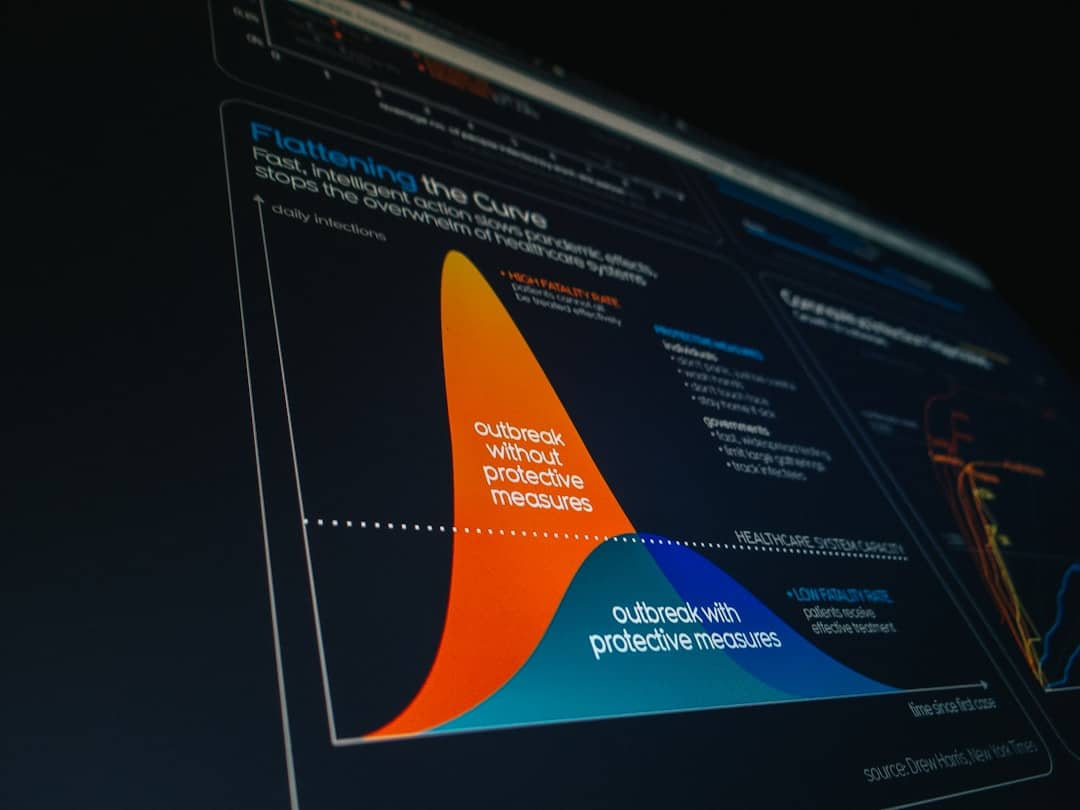
Learn Coding from Scratch for Beginners with These 10 Real-World Projects
Learning how to code from scratch may seem like a daunting task, especially if you have no prior technical background. However, coding is not just for computer science experts—anyone can learn programming with the right mindset, resources, and, most importantly, hands-on experience. One of the most effective ways to understand and retain coding knowledge is by working on real-world projects that simulate practical scenarios. By building projects, you not only apply what you learn, but you also develop critical problem-solving skills that are essential for any budding developer.
Below, we explore 10 real-world projects that will take you from beginner to confident coder. These projects are selected based on their simplicity, practical relevance, and educational value. Each project is categorized with skills it teaches, technologies involved, and the learning objective it serves.
1. Personal Portfolio Website
Creating your own portfolio website is an excellent starting point. Not only do you learn HTML, CSS, and a bit of JavaScript, but you also end up with a platform to showcase your future projects.
- Technologies: HTML, CSS, JavaScript
- Skills: Web development basics, responsive design
- Why it matters: Gives you a professional online presence

2. To-Do List Application
This is a classic beginner project that teaches the essentials of interactivity and data manipulation. You’ll get hands-on practice with arrays, objects, and functions.
- Technologies: HTML, CSS, JavaScript
- Skills: DOM manipulation, event handling
- Why it matters: Reinforces logic and user interaction
3. Simple Calculator
A calculator is deceptively simple but requires careful handling of user inputs and basic math operations. It’s a great introduction to conditional statements and parsing data.
- Technologies: JavaScript, HTML, CSS
- Skills: Variables, operators, functions
- Why it matters: Sharpens your control over logic flow and UI/UX
4. Weather App Using an API
Learning to work with APIs is essential for any developer. A weather application can teach you how to fetch data from web services and render it beautifully using JavaScript.
- Technologies: JavaScript, OpenWeatherMap API, HTML, CSS
- Skills: Fetch API, JSON parsing, asynchronous programming
- Why it matters: Demonstrates how modern web applications communicate with external services

5. Blog Platform (Static)
Creating a blog website without backend logic still offers valuable insights into designing multi-page architectures using front-end technologies. It’s also a platform you can later expand to include dynamic content.
- Technologies: HTML, CSS, JavaScript
- Skills: Multi-page setup, layout design, responsive styling
- Why it matters: Provides a strong foundation for content management platforms
6. Unit Converter
Convert distances, temperatures, weights, or any other metric with this application. It effectively drills down core programming concepts such as type conversion and form handling.
- Technologies: HTML, CSS, JavaScript
- Skills: User input handling, conditional logic
- Why it matters: Encourages analytical thinking and UI development
7. Basic Quiz Game
Designing a quiz game is not only fun, but it’s also an excellent chance to learn scoring logic, timers, and form-based inputs. You extend your JavaScript knowledge while making something interactive.
- Technologies: HTML, CSS, JavaScript
- Skills: Logic building, event listeners, conditional flow
- Why it matters: Sharpens your ability to manage state and feedback loops
8. Simple Chat Interface (Frontend Only)
Although this project doesn’t involve server-side logic, simulating a chat interface helps future-proof your skills. It’s a sandbox for experimenting with flexbox layouts and simulated messaging logic.
- Technologies: HTML, CSS, JavaScript
- Skills: Layout design, animations, simulated data
- Why it matters: Prepares you for real-time applications in later stages
9. Expense Tracker
Keep tabs on income and expenses in real-time with this reactive application. Expense trackers introduce more advanced concepts like data storage and charts.
- Technologies: JavaScript, HTML, CSS, optionally Chart.js or localStorage
- Skills: Budget management logic, local storage, data visualization
- Why it matters: Combines logic, usability, and state persistence

10. Simple Game (e.g., Rock-Paper-Scissors)
Designing a mini-game is a fun and engaging way to understand randomness, logic, and user feedback. You’ll also learn to refactor your code as it grows in complexity.
- Technologies: HTML, CSS, JavaScript
- Skills: Randomization, functions, modular code
- Why it matters: Enhances creative thinking and polish in UI interaction
How to Approach Learning Through Projects
While working through these projects, it’s important to adopt a systematic learning approach:
- Understand the Problem: Read the project description thoroughly and define the scope.
- Design First: Sketch the layout or flow either on paper or with online tools like Figma.
- Break it Down: Divide the project into smaller tasks—layout, styling, logic, testing.
- Iterate: Start small, test frequently, and gradually add new features.
- Reflect: After completion, review the code, identify areas for improvement, and document your learnings.
Tools to Facilitate Your Learning
As a beginner, these tools can significantly aid your development process:
- Code Editors: Visual Studio Code, Sublime Text
- Online IDEs: CodePen, Replit, JSFiddle
- Version Control: Git and GitHub for tracking changes and collaborating
- Design Resources: Google Fonts, Font Awesome, Unsplash for images
Conclusion
Learning to code from scratch doesn’t need to be dull or overly theoretical. By diving into real-world projects, you give your learning purpose and structure. These 10 beginner-friendly projects are designed to gradually introduce essential concepts and build confidence. Remember, coding is a practical skill—the more you practice through meaningful work, the quicker you’ll master it.
Start slow, stay committed, and celebrate every small win. Each line of code you write brings you one step closer to becoming a proficient developer.